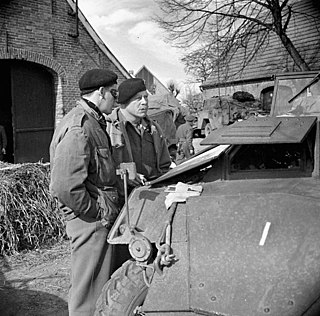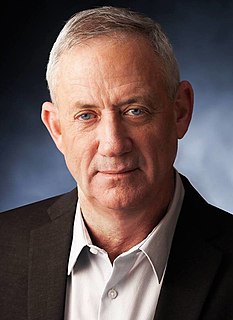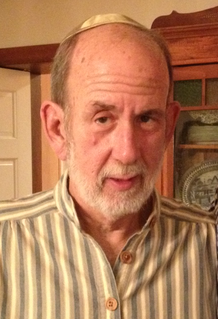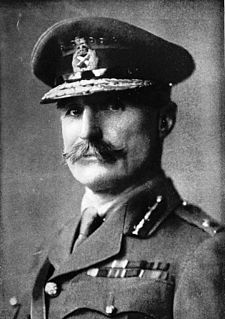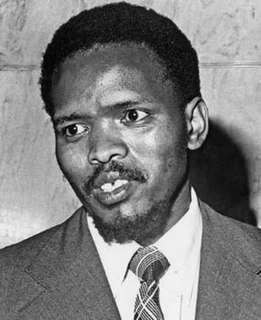A Quote by Tite Kubo
No world is without sacrifices. But if we produce casualties, we would also sustain casualties of our own.
Quote Topics
Related Quotes
"Peace" is a condition in which no civilian pays any attention to military casualties which do not achieve page-one, lead-story prominence-unless that civilian is a close relative of one of the casualties. But, if there ever was a time in history when "peace" meant that there was no fighting going on, I have been unable to find out about it.
I guess what surprised me the most was the discrepancy in casualties: Iraq, one hundred fifty thousand casualties, USA: seventy-nine! Let's go over those numbers again, they're a little baffling at first: Iraq: 150,000, USA: 79. Does that mean we could have won with only 80 guys there? Just one guy in a ticker-tape parade, "I did it! Hey!"

